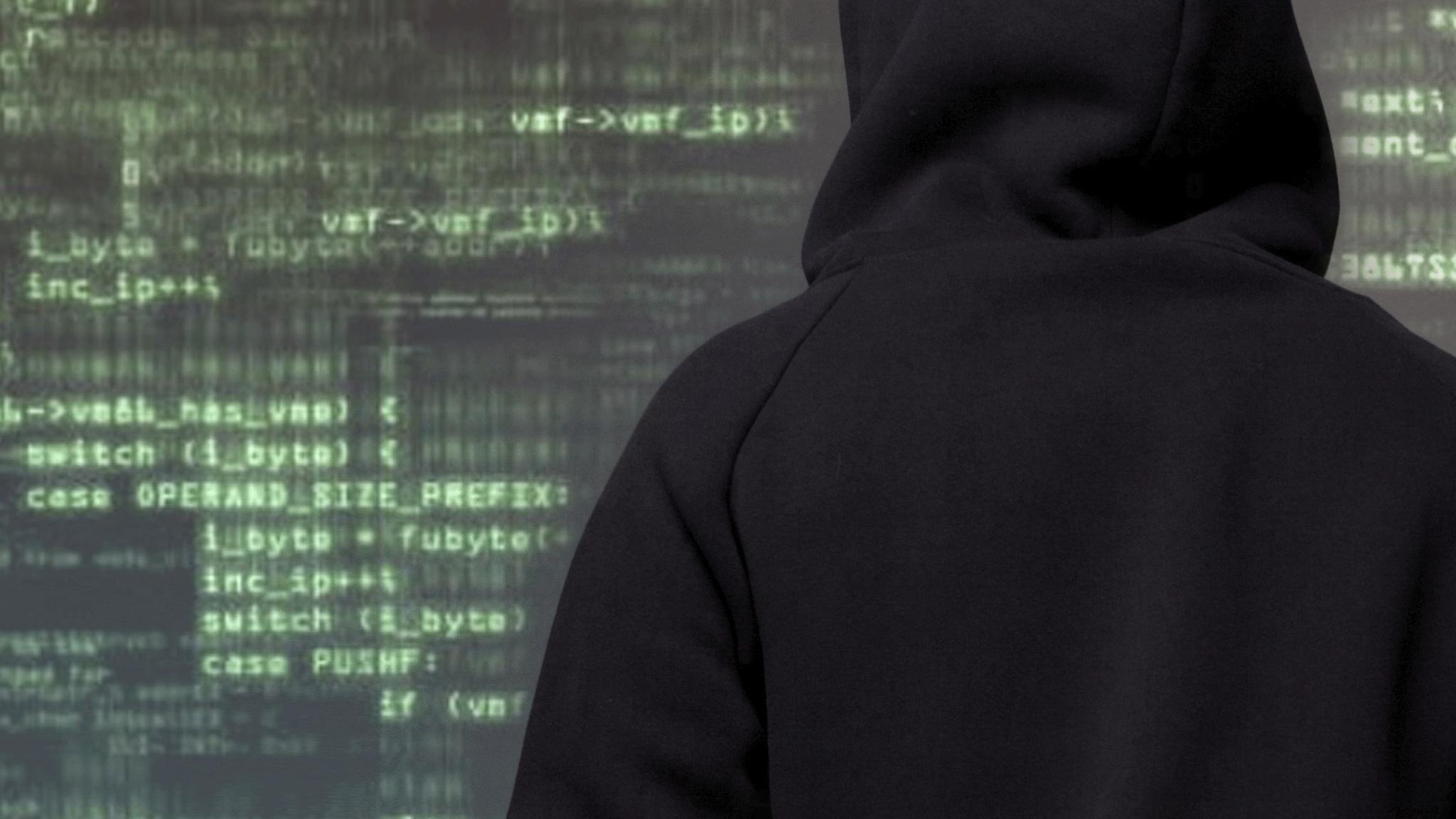US 'tapped N Korea computers in 2010' report claims
- Published
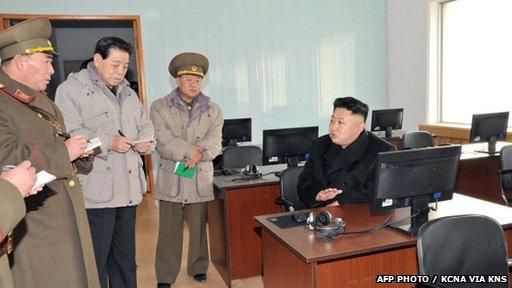
North Korea has denied being behind the attack on Sony Pictures.
The US knew North Korea was behind the Sony Pictures hack because it had secretly infiltrated the country's computer networks in 2010, according to the New York Times and Der Spiegel.
The newspapers cited US officials and leaked documents from the National Security Agency.
The New York Times said hidden software had alerted US intelligence services to North Korean hacking activity.
North Korea has consistently denied involvement in the security breach.
American investigators believe the hackers spent two months building up a map of Sony's systems before the hack took place, the papers say.
November's attack on the company saw the leak of sensitive documents including salary details and confidential emails between executives.
It also resulted in Sony film The Interview, a comedy about an assassination attempt on North Korean leader Kim Jong-un, being briefly shelved and then released online.
The US Office of the Director of National Intelligence said the intelligence community was fully aware of North Korean attempts to infiltrate US commercial networks, tracking them routinely.
"While no two situations are the same, it is our shared goal to prevent bad actors from exploiting, disrupting or damaging US commercial networks and cyber infrastructure," said spokesman Brian Hale.
When it becomes clear that cyber criminals have the ability and intent to do damage, we work cooperatively to defend networks."
Damage control
Cyber-security expert Dr Steven Murdoch, from University College London, said it was likely that the NSA had at least tried to access North Korean networks before.
"I'm almost certain they were doing it long before 2010," he told the BBC.
"North Korea has been a target for the US for quite some time."
Dr Murdoch said that if the NSA had been aware of the hack before it had happened, it may have chosen not to warn Sony for its own security reasons.
"One possibility is that they didn't know how damaging the attack was going to be, and didn't want to risk revealing their sources by mentioning it to Sony," he added.
"Or maybe they did know [how harmful it was] but it wasn't that damaging by intelligence community priorities - this was very damaging to Sony but in terms of national security it's not as significant."
- Published19 January 2015
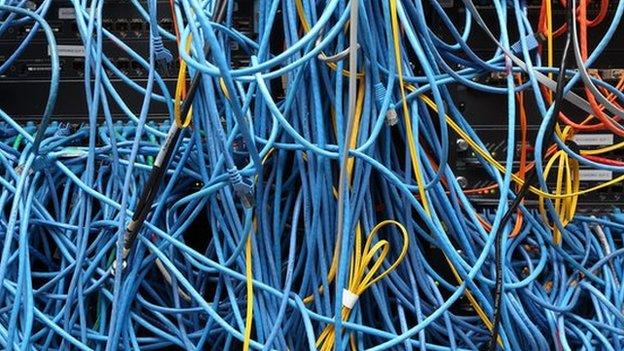
- Published12 January 2015
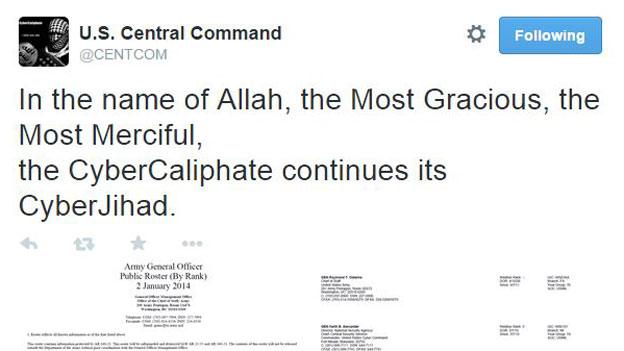
- Published13 January 2015
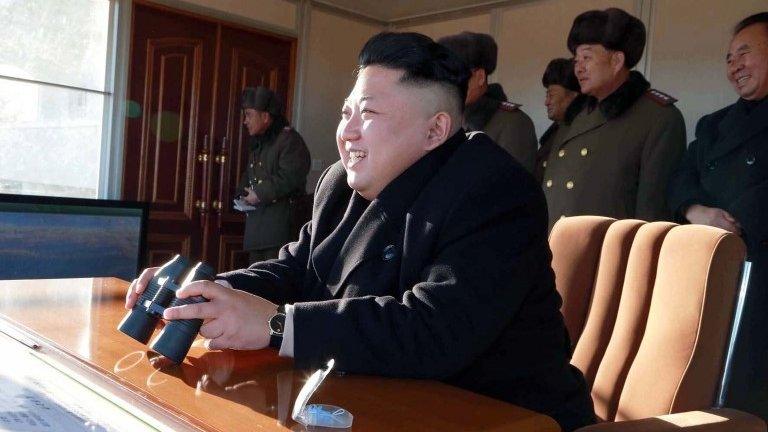
- Published7 January 2015
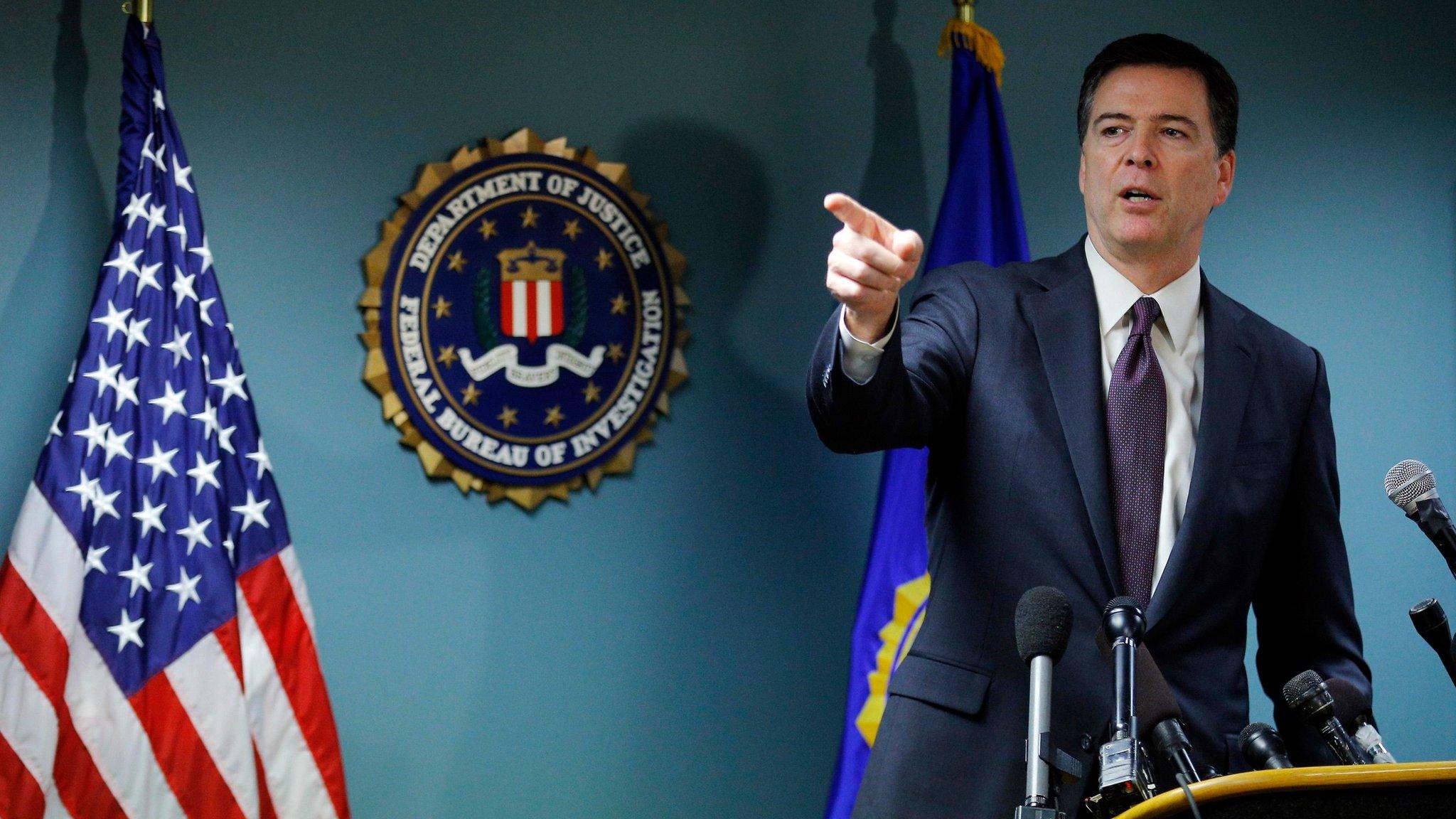
- Published18 December 2014
